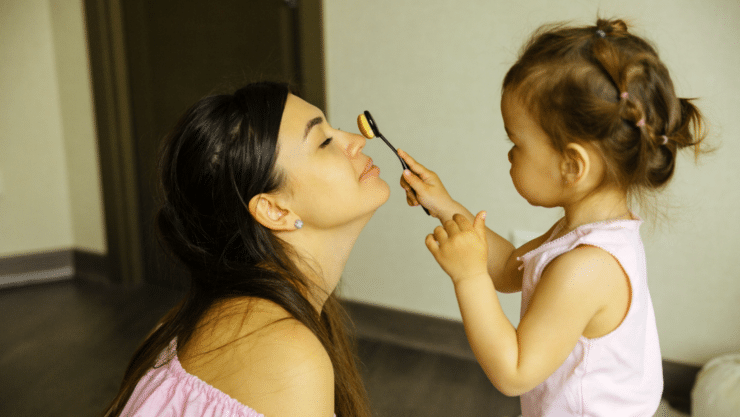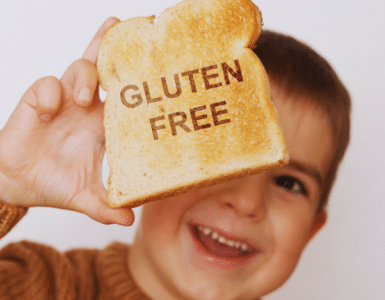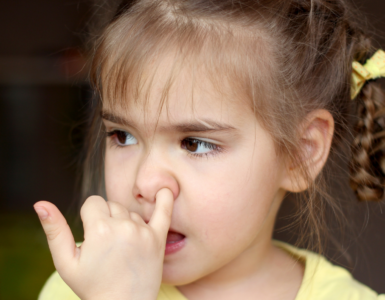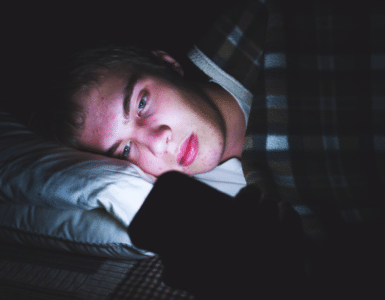Whether or not kids should play with makeup can be polarizing. Some parents are totally fine with experimentation, some are against makeup use for teens.
Every child is different and will have different reasons for wanting to wear makeup. As long as they want to use it because it’s fun and they want to be creative, wearing makeup is not going to harm them… as long as the actual products they’re using are safe for their skin.
Makeup is also not just for one gender. Anyone can wear it and use it to express themselves.
Here are some tips to make sure that your child is using makeup safely:
1) Healthy Mindset Towards Makeup
Before your child starts using makeup, ask them why they want to use it. Remind them that they don’t need makeup to be beautiful and that makeup is just to help enhance one’s looks but is not necessary for looking and feeling good. Make sure that your child’s makeup use does not distort their perception of themselves or mess with their confidence.
As long as children understand that makeup is just for fun and a way to be creative and they don’t think they need makeup to be beautiful, it’s fine if they want to play with makeup or wear it regularly.
ALSO: Planning the Perfect Birthday Party is Mission Impossible
2) Test Any New Products First
Before your child starts putting makeup on, test a small amount of the product on their hand to make sure that they don’t have a negative reaction to it. This should be done with any new products they use.
3) Use Child-Safe Makeup
Children have very sensitive skin, so makeup for adults can irritate a child’s skin or cause serious allergic reactions. Most makeup has harsh chemicals and it is even bad for the environment. Only buy child-safe makeup with as few ingredients as possible. Don’t just rely on an “organic label” since many products that are labeled organic can still have harmful ingredients.
Brands like Petite n’ Pretty have a line of child-safe makeup that is also cruelty-free. Most of their makeup is also vegan. You can also check out the Environmental Working Group’s Skin Deep database. This is a helpful site where you can search for items either by brand name or product category and choose products based on their safety rating.
4) Start Gradually
It’s better for kids to ease into using makeup unless they’re just playing dress up at home or are wearing makeup for a special performance. Kids who want to start wearing makeup on a daily basis can start with colored lip gloss and gradually add different products like lipstick, blush, eyeshadow, and foundation as they get older. This is so that they don’t think they need makeup to look attractive and don’t rely on makeup to feel confident. Kids need to remember that they are beautiful just the way they are.
5) Teach Your Child How to Take Care of Their Skin
Skincare is very important, especially if your child start wearing makeup regularly. They should wash their face every morning and night using gentle, natural cleansers that are oil-free.
If they wear makeup every day, remind them to remove all makeup and wash their face before they go to bed. Just like with makeup, any cleansers should be tested on a small area of your child’s skin first to make sure they aren’t allergic.
6) Share the Dos and Don’ts of Having Acne
If your preteen ends up having acne, certain types of makeup can make it worse. Make sure that they’re using oil-free and fragrance-free foundation and gentle, fragrance-free cleansers. There’s also a special foundation for acne-prone skin like E.L.F. acne-fighting foundation which is also vegan and cruelty-free.
ALSO: Professor Says Teaching Cursive is Waste of Time
Makeup is a true art form and a great way to be creative. Just like with other forms of artistic expression, some kids will get bored eventually and move on to something else, while others end up making a career out of it.










Add comment